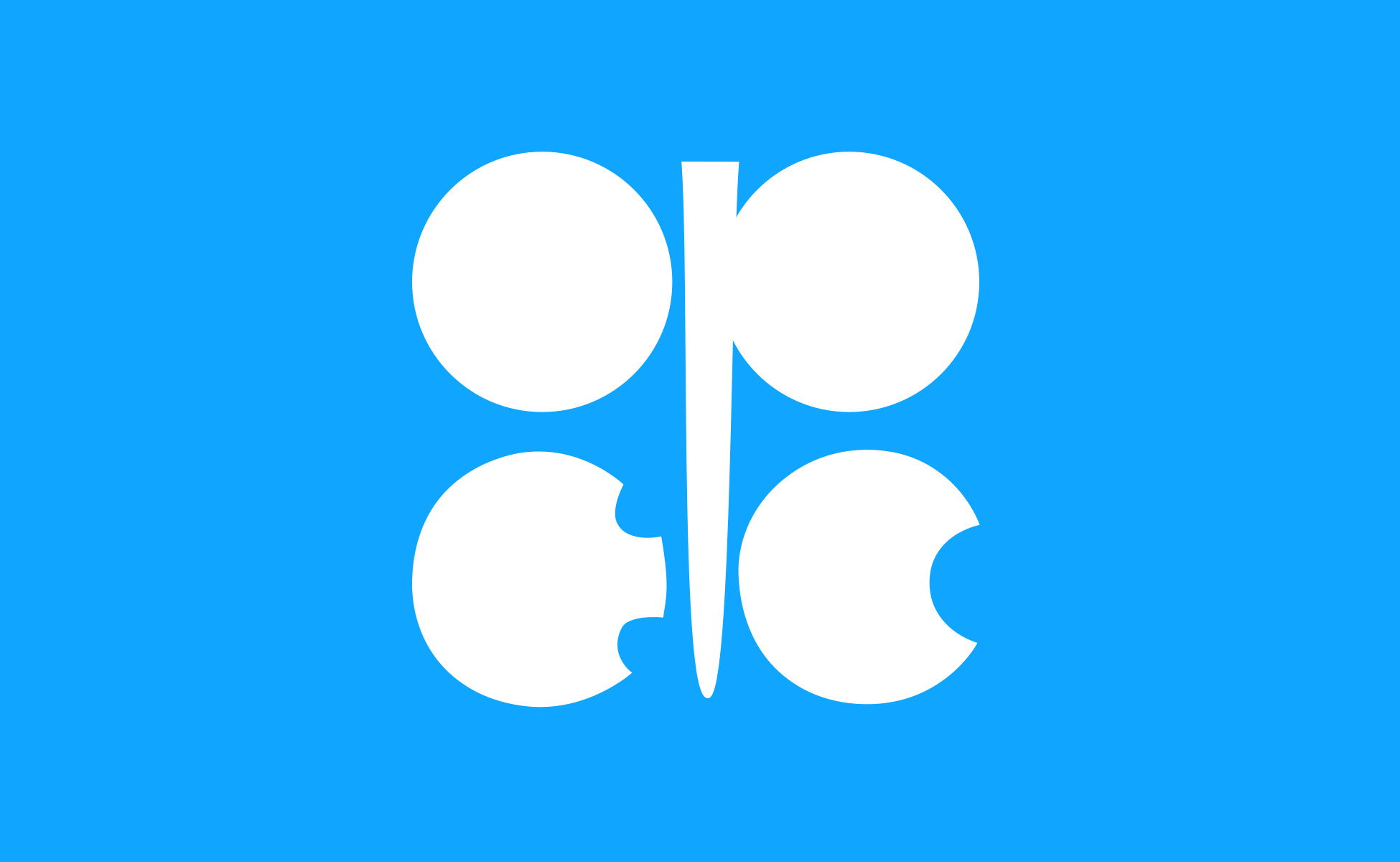OPEC sees market rebalancing after June as it mulls oil cut extension

Oil markets will rebalance after June 2018 at the earliest, an OPEC working panel concluded last week, OPEC sources said on Monday, signalling the need to extend existing production cuts well into next year.
The conclusion from OPEC’s national representatives and the group’s secretariat came after a meeting on Thursday and Friday, according to four sources at the Organization of the Petroleum Exporting Countries.
It also came as non-OPEC Russia said it would support extending cuts in tandem with OPEC but gave conflicting signals on the duration of the extension after oil price rallied about $60 per barrel, raising fears that the market could over-tighten and spur another spike in U.S. shale output.
OPEC’s leader Saudi Arabia has signalled it wanted oil to trade at about $60 per barrel as the kingdom is preparing to list its national oil champion Aramco and is still fighting a large fiscal deficit.
Russia also needs high oil prices ahead of the presidential election in March 2018. But officials in Moscow have said they were also worried about an overly strong rouble which would undermine the competitiveness of its economy.
“The best scenario would suggest third quarter for the rebalancing of the market,” one of the OPEC sources said.
OPEC, Russia and nine other producers are cutting oil output by about 1.8 million barrels per day until March 2018, and will discuss extending the deal at a Nov. 30 meeting in Vienna.
OPEC delegates have said a nine-month extension was the most likely outcome although some delegates and Russia have said a six-month extension was an option.
Oil prices have risen to almost $65 a barrel, the highest since 2015, supported by lower inventories. However, excess supply persists, making some in OPEC wary of renewed price weakness.
The supply pact is aimed at reducing oil stocks in industrialised countries to their five-year average, and the latest figures suggest OPEC is more than halfway there.
“OPEC needs an extension until the end of 2018 to send the market a message that we are committed,” a second OPEC source said. “OPEC will meet in June again and if the market is tight by then, they can always adjust supply.”
Russian officials told OPEC they thought the market needed to be monitored very closely so the agreement could be reviewed if signs of a deficit began to emerge, according to sources familiar with the discussions.
The head of Russia’s top oil producer Rosneft, Igor Sechin, a close ally of President Vladimir Putin and a critic of the deal with OPEC, has said the recent price rally would lend too much support to the rival U.S. shale industry, which does not participate in cuts.
U.S. shale producers have started adding more drilling rigs in response to rising oil prices and improving confidence about the outlook for 2018. http://tmsnrt.rs/2AAaSQ5
(Writing by Dmitry Zhdannikov; Editing by Edmund Blair)









0 Comments